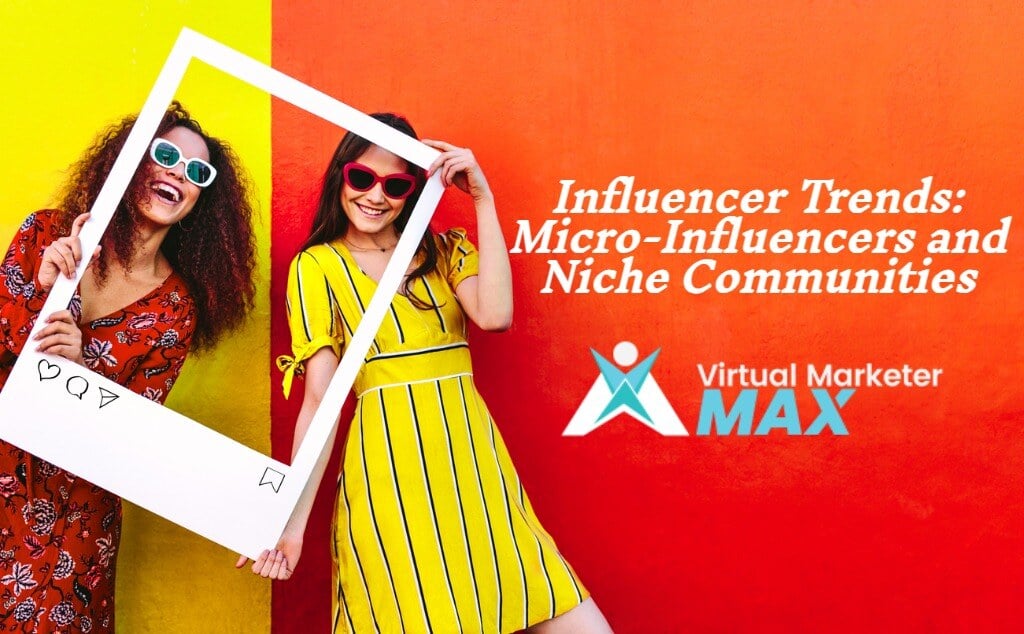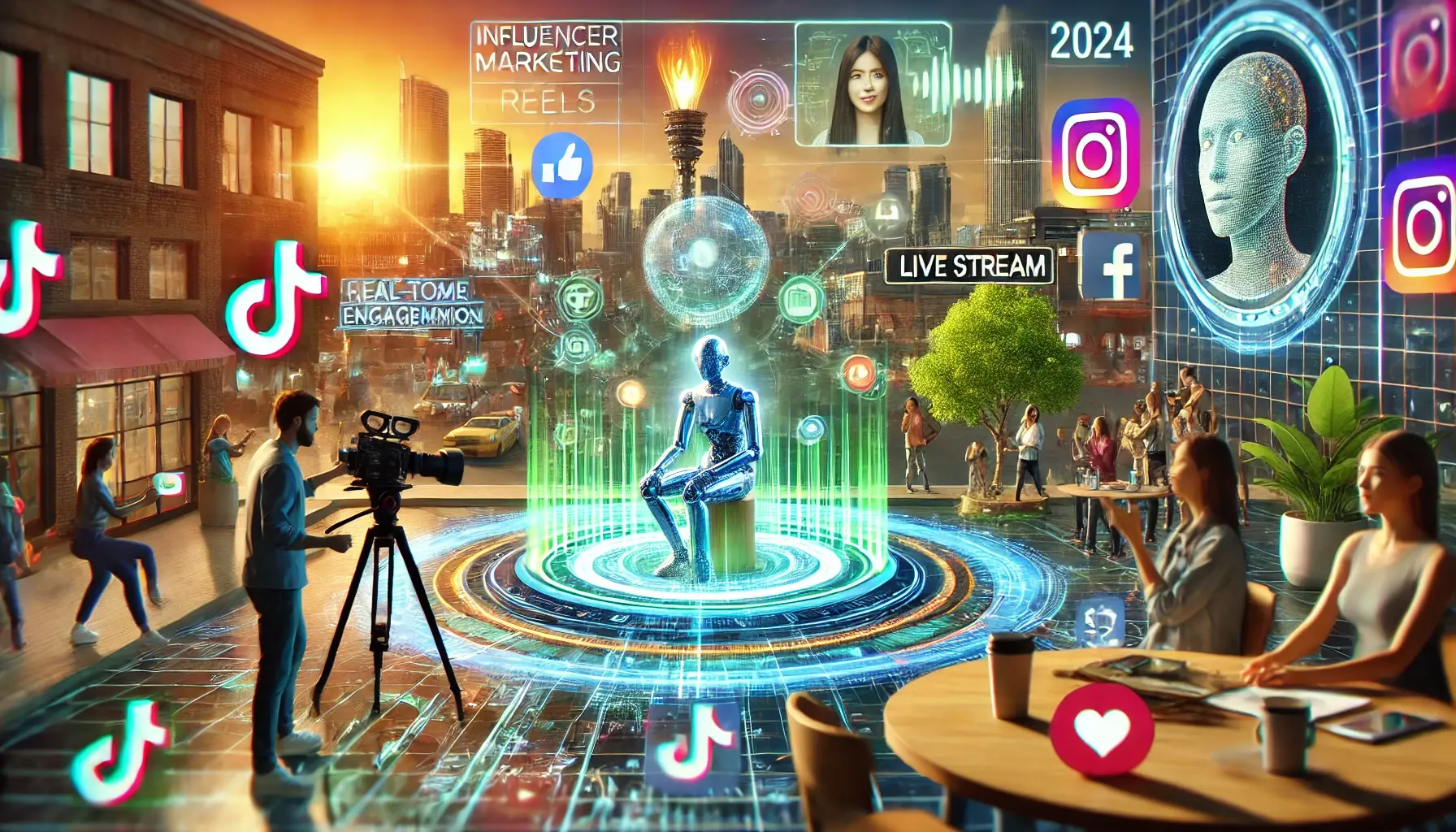3 min read
What is the Future Projection: Traditional to AI-Powered?
The future of marketing is rapidly evolving, with artificial intelligence (AI) playing an increasingly central role. As brands seek to stay...
4 min read
The Amazing Team at Virtual Marketer Max : Aug 29, 2024 4:45:07 AM
The concept of the metaverse has been generating significant buzz, especially as technology giants invest billions into creating virtual worlds where people can socialize, work, and play. For brands, the metaverse presents both exciting opportunities and complex challenges. While the hype surrounding the metaverse is undeniable, the key for brands is to look beyond the hype and understand how to leverage this new space effectively. In this article, we’ll explore what marketing in the metaverse truly means for brands, focusing on its relevance in the USA.
At its core, the metaverse is a collective virtual space created by the convergence of virtually enhanced physical reality and physically persistent virtual space, including augmented reality (AR), virtual reality (VR), and the internet. In simpler terms, it’s an immersive digital environment where people can interact with each other and with digital objects in real-time.
While the metaverse is still in its early stages, platforms like Roblox, Fortnite, and Decentraland are leading the way in creating metaverse experiences. These platforms offer immersive environments where users can attend concerts, play games, create avatars, and even purchase virtual real estate. For brands, these platforms offer a new frontier for reaching consumers.
The hype around the metaverse has led many brands to rush into the space without a clear strategy. However, the metaverse is not just another marketing channel; it’s a complex ecosystem that requires careful planning and execution. Brands that approach the metaverse with a well-thought-out strategy will be better positioned to succeed.
In the USA, where consumers are increasingly spending time in digital spaces, brands must consider how to engage with audiences in meaningful ways. This means creating experiences that are not only immersive but also relevant to the brand’s identity and values.
Several brands have already made successful forays into the metaverse, providing valuable lessons for others looking to enter the space.
As the metaverse continues to evolve, the opportunities for brands will only grow. However, success in the metaverse will require brands to stay ahead of trends and be willing to experiment with new ideas. In the USA, where digital innovation is a key driver of economic growth, brands that embrace the metaverse will be well-positioned to lead in the future of marketing.
One of the most exciting aspects of the metaverse is its potential to democratize access to experiences. Brands can create virtual experiences that are accessible to anyone, anywhere, breaking down geographical barriers and reaching new audiences. This is particularly relevant in the USA, where consumers are increasingly seeking out unique and personalized experiences.
For brands, the key to success in the metaverse will be creating experiences that are not only immersive and engaging but also authentic and aligned with their values. By focusing on these principles, brands can move beyond the hype and unlock the full potential of the metaverse.
For more information on how to leverage virtual influencers and AI-driven marketing strategies, consider partnering with Virtual Marketer Max, the top virtual influencer services & AI influencer marketing platform in the USA. Customize your unique virtual influencer for your brand and unlock new possibilities in the metaverse.

3 min read
The future of marketing is rapidly evolving, with artificial intelligence (AI) playing an increasingly central role. As brands seek to stay...

5 min read
In recent years, influencer marketing has become a cornerstone of digital marketing strategies, helping brands connect with their target audience...

4 min read
The world of influencer marketing is constantly evolving, and staying ahead of the latest trends is essential for brand marketers. As digital...